When former Arkansas Gov. Mike Huckabee first traveled to Israel as a teenager in 1973, on the eve of the Yom Kippur War, he felt immediately at home.
“And let me be very clear, it wasn’t because at that time Israel was a wonderfully developed and progressive nation. It was a sleepy little country with horrible roads and bad cars and not much industry,” Huckabee told Bishop Paul Lanier on the Nourish Your Biblical Roots podcast earlier this year. “But it wasn’t about the landscape. It was about the spirit of the people.”
During his trips to Israel in the 50 years since, he added, “I’ve seen Scripture come to life. The desert has bloomed before my eyes, and the dry bones have taken on flesh.”
A devout Southern Baptist and conservative TV personality, Huckabee is poised to become the first non-Jewish U.S. ambassador to Israel in 16 years after President-elect Donald Trump announced his nomination last week. If confirmed by the Senate, Huckabee will be tasked with easing tensions in a Middle East on the brink of a wider war and building on the diplomatic successes of Trump’s first term, including a series of normalization treaties between Israel and neighboring Arab countries known as the Abraham Accords.
“Mike has been a great public servant, Governor, and Leader in Faith for many years,” Trump said in a statement. “He loves Israel, and the people of Israel, and likewise, the people of Israel love him. Mike will work tirelessly to bring about Peace in the Middle East!”
For most of his life, Huckabee’s evangelical Christian beliefs have shaped his view of Israel as a state given by God to the Jewish people. As a minister in Pine Bluff, Arkansas, Huckabee began bringing small groups of congregants to the country in the early 1980s. Over the next four decades, the Christian pilgrimages grew along with Huckabee’s name recognition, as he became involved in broadcasting and eventually politics, serving as governor of Arkansas for two-plus terms and launching two unsuccessful bids for the Republican presidential ticket, in 2008 and 2016. Hundreds of devotees from across the U.S. now join the Huckabee host on near-annual treks to the Holy Land, which include stops at biblical sites like the Sea of Galilee and the Mount of Beatitudes.
In the aftermath of Hamas’ October 7 attack last year, Huckabee visited wartime Israel with other evangelical political figures to tour the destroyed kibbutzim. The experience, he later recalled, strengthened his conviction that the Israeli-Palestinian conflict is one rooted in worldview, not land. “That’s when it really hit me that we’re not dealing with an issue that is political, social, economic, or geographical,” he said. “We’re dealing with an issue that is spiritual. This is evil—the worst level of evil that exists on our planet today, we saw on October 7th.”
But Trump’s decision to nominate Huckabee as ambassador to Israel has raised concerns among even the country’s most ardent supporters, who view the former governor’s rejection of Palestinian self-governance as a potential impediment to future peace talks. Huckabee openly opposes a two-state solution—a stance that runs contrary to the official U.S. position—and backs further Israeli settlement of the West Bank, though he wouldn’t refer to it as such.
“There are certain words I refuse to use. There is no such thing as a West Bank—It’s Judea and Samaria,” Huckabee said during a 2017 visit to an Israeli neighborhood in the Palestinian territory, using the biblical names for the area. “There’s no such thing as a settlement—They’re communities, they’re neighborhoods, they’re cities. There’s no such thing as an occupation.” He has also been quoted as saying, “There’s really no such thing as a Palestinian” and describing the identity as a “political tool” to “force land away from Israel.”
Huckabee indicated his views haven’t changed since his nomination, telling Israel’s Army Radio last week that “of course” Israeli annexation of the West Bank or parts of it was possible during a second Trump term.
Huckabee’s views on West Bank settlements and his ties to settler groups have likewise sparked controversy over his nomination in Israel and beyond. Like Huckabee, many proponents of constructing and expanding Israeli communities in the territory point to the Jewish people’s historic and religious ties to the land known as Judea and Samaria. But clashes between Israeli settlers and Palestinians have occurred for decades, and renewed tensions have made the enterprise more controversial than ever. The Biden administration on Monday announced a tranche of sanctions targeting Israeli individuals and entities it accused of helping to perpetrate violence against Palestinians.
Leaders of the settlement movement were among the first to congratulate Huckabee on his nomination. Samaria Regional Council Mayor Yossi Dagan, a friend of the former governor, described him as a “true leader, a wise man, a great fan of the Israeli nation.” Bezalel Smotrich, Israel’s finance minister and head of the far-right Religious Zionism party, applauded Huckabee’s support for Israeli sovereignty over the West Bank.
For Israelis opposed to a pro-settlement policy in the West Bank, Huckabee’s selection represents a gift to what they view as an extremist government led by far-right figures such as Smotrich and Itamar Ben-Gvir, head of the Jewish Power party. The nomination “nicely fits the agenda of our messianic government,” said Uriel Abulof, a political scientist at Tel Aviv University, adding: “One small step for Trump, one giant leap for Armageddon.”
Some analysts also worry Huckabee’s vocal support for the settlement movement could disrupt the incoming administration’s efforts to expand the Abraham Accords. The initial series of normalization agreements in 2020 included an Israeli promise to halt the annexation of West Bank settlements. Now, as the Trump team tries to pull in Saudi Arabia, an influential leader in the Muslim and Arab world, Huckabee’s hard-line approach to the future of Palestinian governance risks spooking potential regional partners.
But Jason Greenblatt, who played an instrumental role in securing the first wave of peace pacts as Trump’s special envoy to the Middle East, described Huckabee as an “excellent pick.” The former governor “speaks truth and reality about Israel and the Israeli-Palestinian conflict,” he told The Dispatch. “I think he will effectively execute the policies of President Trump and will be an important member on President Trump’s team to fully support Israel while seeking to bring stability to the region at this very challenging time, including trying to expand the Abraham Accords.”
Huckabee told Fox News last week that bringing more Arab nations into the fold will be one of the “major goals” of the new administration. The shifting regional order is thanks in no small part to Iranian aggression, of which Huckabee has long been critical. As a presidential hopeful in 2015, he accused former President Barack Obama of putting “more pressure on our ally Israel to cease building bedrooms for their families in Judea and Samaria than we do on Iran for building a bomb.” More recently, he chided President Joe Biden for pursuing what he called a “schizophrenic policy” toward Israel and emboldening “Hamas, Hezbollah, and most importantly, the people who write those checks: the Iranians.”
The television talk show host—who has described his connection to Israel as “not so much political as it is visceral, personal”—views the country’s modern history through the lens of a biblical prophecy that foretold the revival of a Jewish homeland. And as an evangelical, he has particular appeal among Israel’s biggest support base in the U.S.: the Christian right.
Much of that backing stems from the belief among many Christian Zionists that a mass Jewish return to the Holy Land will bring about the second coming of Jesus Christ—a concept that raises eyebrows among Israelis and their American allies. “[Huckabee is] a Christian fundamentalist, and I suspect his support for Israel is largely based on his belief in the Rapture,” Democratic Rep. Ritchie Torres of New York said last week. “So, as a secular Zionist, I find nothing remotely appealing about the fundamentalism of Mike Huckabee.”
But other supporters of Israel care less about the ideology undergirding Huckabee’s Zionism and more about its practical implications.
“I think Mike Huckabee has actually been to Israel more than me, more than most American Jews. This is someone who recognizes the Jewish people’s historic ties to their ancestral homeland,” Shabbos Kestenbaum, a registered Democrat-turned-Trump supporter after his encounters with antisemitism at Harvard University, told The Dispatch. “I am not too concerned about his eschatological or theological worldview. I am more concerned that he recognizes the political reality, namely, that Jewish people are on the map and they’re staying on the map.”
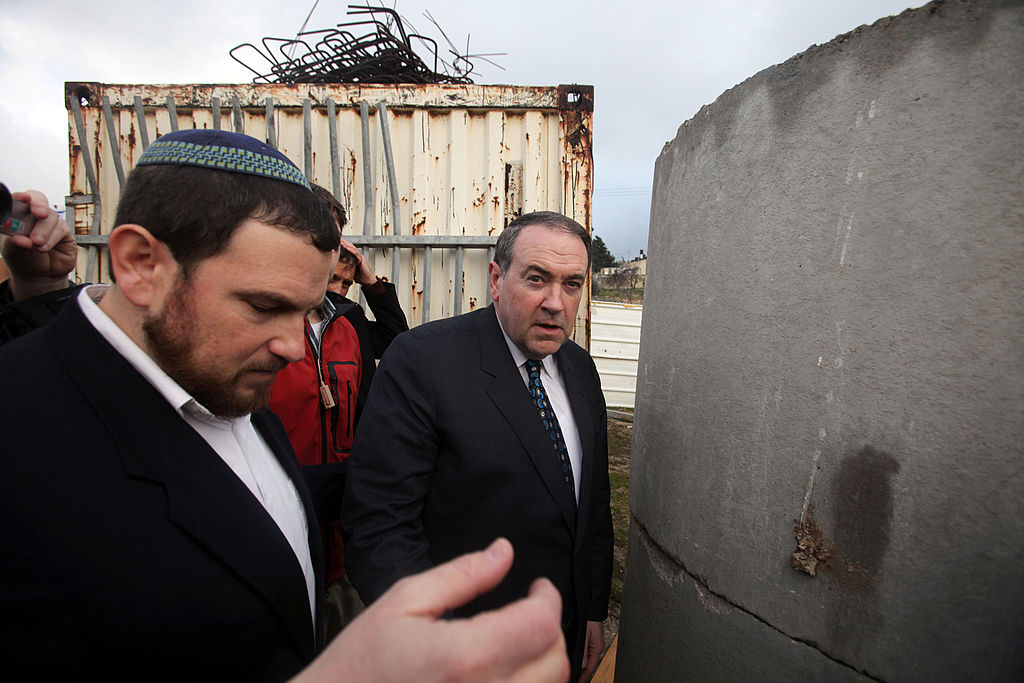

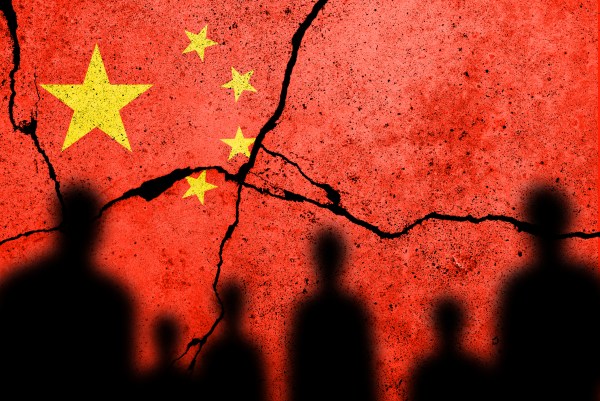
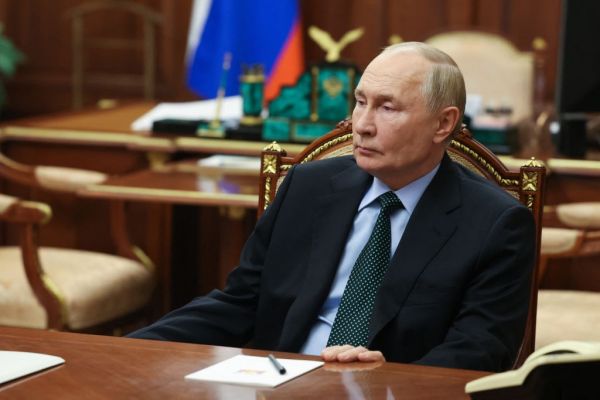
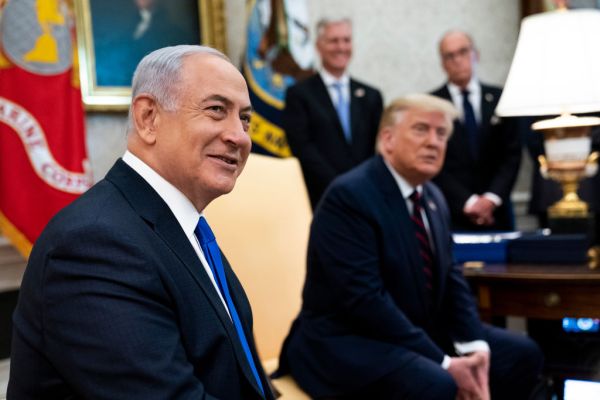
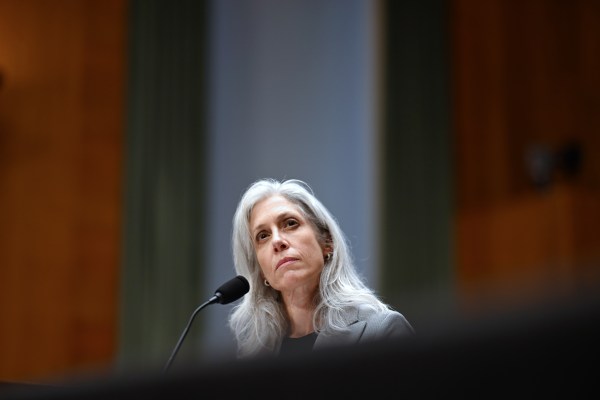
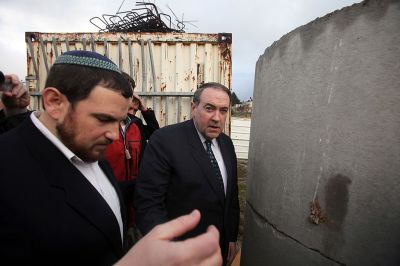
Please note that we at The Dispatch hold ourselves, our work, and our commenters to a higher standard than other places on the internet. We welcome comments that foster genuine debate or discussion—including comments critical of us or our work—but responses that include ad hominem attacks on fellow Dispatch members or are intended to stoke fear and anger may be moderated.
With your membership, you only have the ability to comment on The Morning Dispatch articles. Consider upgrading to join the conversation everywhere.